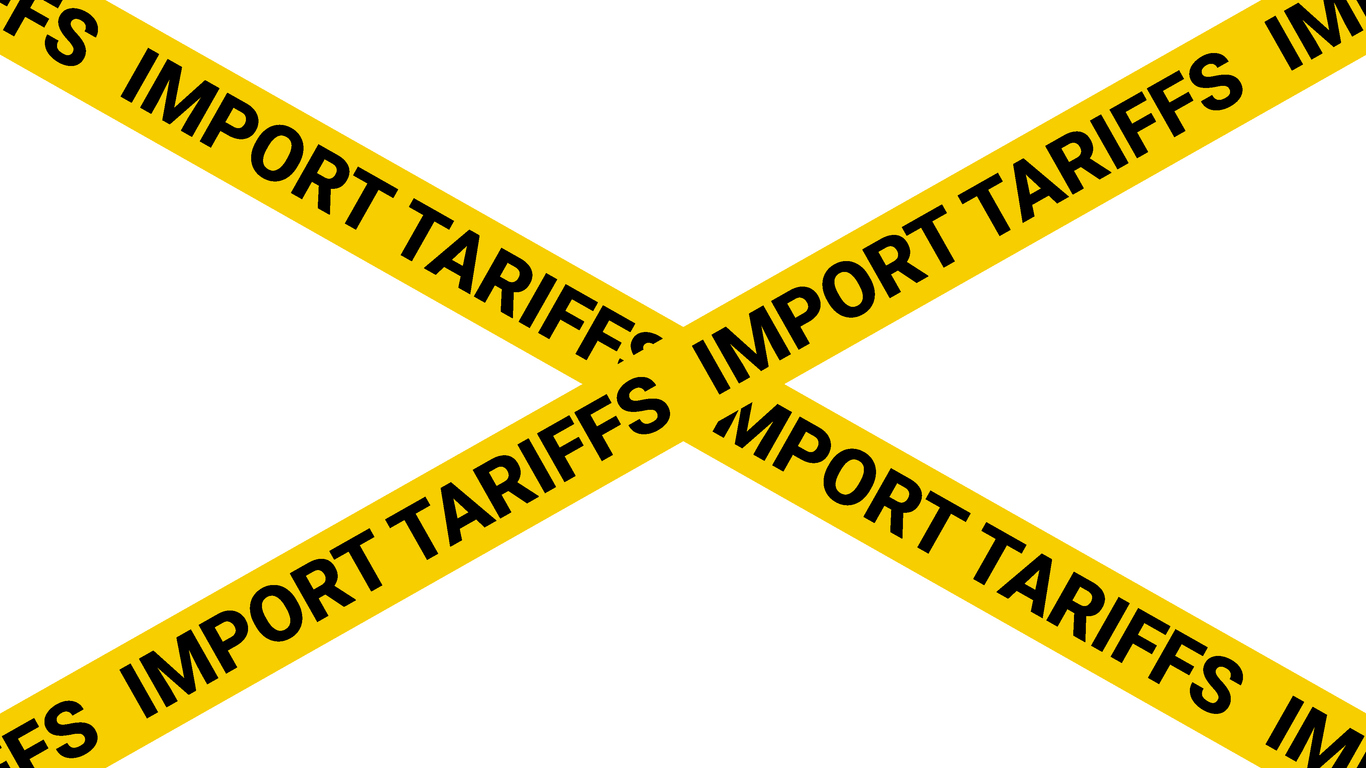Setting Up an International Company in Nigeria: A Practical Guide for Global Businesses
Expanding into Nigeria offers real advantages for international companies looking to access one of Africa’s largest and fastest-growing markets. With a population exceeding 200 million and a dynamic consumer base, Nigeria is a major hub for trade, manufacturing, and distribution across West Africa. But before any business can operate successfully, understanding the steps, requirements, and challenges of international company setup in Nigeria is essential.
This guide explains how the process works, the documents you’ll need, and how a reliable partner like Wigmore Trading can streamline your entry into the Nigerian market.
Why Global Businesses Choose Nigeria
Nigeria’s appeal goes beyond its size. For companies involved in import/export, logistics, FMCG, retail or industrial distribution, the country offers:
-
Strategic access to the ECOWAS region
-
High demand for international goods and technologies
-
A growing manufacturing and distribution ecosystem
-
Modernizing ports and logistics corridors
-
Strong opportunities for wholesale and B2B expansion
For businesses looking to establish a regional base, Nigeria is often the logical entry point.
Key Steps for Setting Up an International Company in Nigeria
1. Reserve and Register Your Business Name
The Corporate Affairs Commission (CAC) manages all company registrations. The first step is searching for and reserving a unique business name. Once approved, you can move on to full incorporation.
Required documents typically include:
-
Proposed company name
-
Shareholder details
-
Director identification and contact information
-
Registered office address
Wigmore Trading can help coordinate documentation and ensure your application is compliant from the start.
2. Incorporate the Company With the CAC
International businesses usually register a Limited Liability Company (LLC), although branch offices and subsidiaries are also possible depending on the business structure.
During incorporation, you will need:
-
Memorandum & Articles of Association
-
Statement of share capital and ownership
-
Identification documents of directors and shareholders
-
Registered office address in Nigeria
A CAC-certified agent will submit your documents for processing. Once approved, you receive your Certificate of Incorporation, allowing you to operate legally within the country.
3. Obtain Tax Identification and Register for VAT
After incorporation, every foreign company must:
-
Apply for a Tax Identification Number (TIN)
-
Register for Value Added Tax (VAT) in Nigeria
-
Set up corporate tax compliance from the beginning
This step ensures your business can import goods, issue invoices, and operate smoothly without penalties.
4. Secure Business Permits and Sector-Specific Licences
Depending on your industry, Nigeria may require additional registrations. Examples include:
-
NIPC Registration for foreign-owned companies
-
SONCAP for product standards compliance
-
NAFDAC registration for food, beverages, pharmaceuticals, cosmetics
-
Export documentation for companies trading internationally
-
Logistics permits for transport or distribution businesses
Wigmore Trading works across FMCG, chemicals, industrial products, food, and consumer goods—making compliance easier for companies entering these markets.
5. Open a Corporate Bank Account
Nigerian banks require:
-
Certificate of Incorporation
-
Tax Identification Number
-
Valid IDs of directors
-
Board resolution authorising the account
Because banks may request additional documentation from foreign companies, having a local partner increases the speed of approval.
6. Set Up an Import/Export Framework (If Applicable)
Nigeria has strict procedures for international trade. You may need:
-
Form M for imports
-
Pre-Arrival Assessment Report (PAAR)
-
SONCAP certificates
-
NAFDAC permits where needed
-
Proper HS code classification
Wigmore Trading’s team specialises in global sourcing, procurement, bulk imports, and distribution across Nigeria. If you plan to move goods into or within the country, Wigmore Trading can help you avoid costly delays at port.
Common Challenges — and How Wigmore Trading Helps Solve Them
1. Regulatory Complexity
Foreign businesses often struggle to interpret government requirements.
Solution: Wigmore Trading guides companies through compliance, documentation and approvals.
2. Supply Chain & Logistics Limitations
Port congestion and clearance delays can slow business operations.
Solution: With an established logistics network across Nigeria, Wigmore Trading ensures your goods move efficiently from port to warehouse to customer.
3. Market Entry Knowledge Gaps
Understanding pricing, distribution channels and demand can be difficult without local insight.
Solution: Wigmore Trading provides on-the-ground market intelligence tailored to the FMCG, wholesale and industrial sectors.
4. Finding Reliable Local Partners
Entering a new market requires trust and local expertise.
Solution: Wigmore Trading offers end-to-end support, helping international companies navigate Nigeria’s business landscape with confidence.
Why Partner With Wigmore Trading?
Whether you’re building a regional distribution hub or entering Nigeria for the first time, Wigmore Trading provides:
-
Support with documentation and regulatory approvals
-
Product sourcing and procurement services
-
Import/export facilitation
-
Wholesale distribution channels
-
Market entry insights
-
Reliable warehousing and logistics
Contact Wigmore Trading today to streamline your international company setup in Nigeria.








Comments are closed.